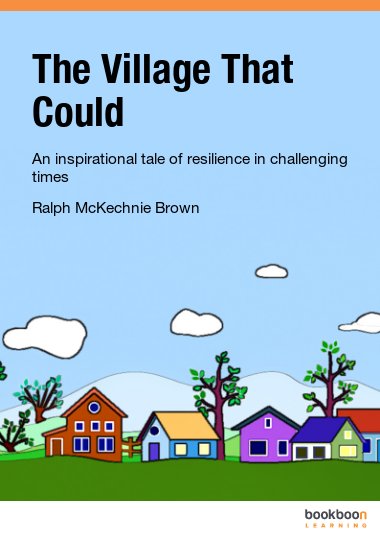This is a story about overcoming adversity with resilience, or mental toughness.
It could just amuse you—or change your life.
You can use the 15 ideas in the story at work, looking for work, in study, sport, leadership, and in your relationships, including parenting. They work just as well for teams and families.
The story comes with apologies to Shakespeare, some of the finest orators of the past century and to The Little Red Hen. But the story is much more than it may seem.
Its 15 key ideas are based on the experiences of people who have faced hardship and thrived, and on extensive research published over the past 30 years. Those studies have revealed valuable information about what makes people resilient when the going gets tough.
We can all develop our resilience and the research shows that there are other benefits: not only more persistence, motivation and happiness, but better relationships, health and even a longer life.
Challenging times make focusing on resilience seem especially appropriate, but its flipside, depression and anxiety have been increasing through the boom years too. Depression is now 10 times more prevalent than in the 1960s. Even by the 1980s the average American child was more anxious than the average psychiatric patient of the 1950s.
For most of us, resilience is useful every day, regardless of the economic climate. Depending on our fragility, we may lose our equilibrium when a project is behind schedule, we don’t achieve a target, a presentation to a group doesn’t go well, or a colleague or partner criticises us, or something we’ve done.
As you read the story you will recognise skills you already have, but don’t think of them as boxes to tick. Most of us do bounce back from adversity or feelings of hopelessness. What really matters is how quickly.
When we are not anxious or feeling down, it’s easy to continue our rose-tinted assessment of ourselves. We say, ‘Oh I always do that. I’m very positive. I always see my glass as half-full.’ That may be true, but it’s very human, and perfectly healthy, to be unrealistic about our sense of control, our success, influence, popularity and abilities. It’s so human that one study suggested that 85 per cent of men believe that they have above-average social skills. More than half of drivers believe they are above average. That’s not possible.
It can be more useful to try to remember those occasions when we didn’t handle situations well. We can learn most from those times when adversity distressed us so much that we were dragged down by negative thoughts and felt more like a victim than a problem-solver.
See if you can make more of the ideas in the story, in a focused way, in every part of your life, despite setbacks, doubts and doubters.
At the end of the story you’ll find more about the key ideas of this book and some suggestions for putting them into action.


